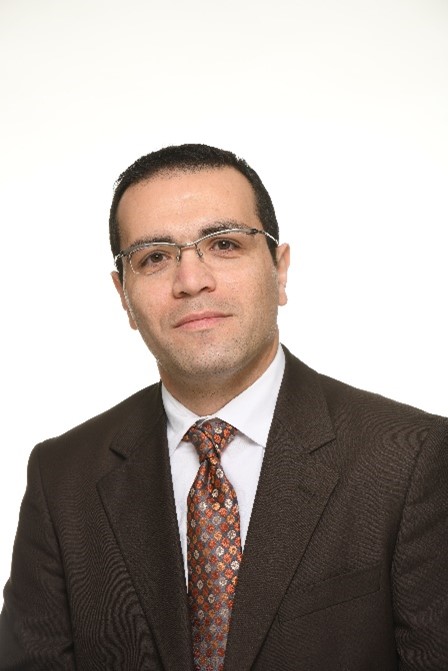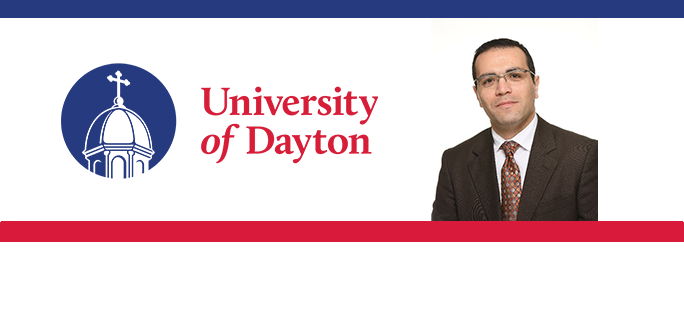 On University of Dayton Week: Social media can be leveraged in a positive way during a crisis.
On University of Dayton Week: Social media can be leveraged in a positive way during a crisis.
Hamed Zolbanin, associate professor of information systems and business analytics, explains how.
Hamed Zolbanin is an Associate Professor of Information Systems and Business Analytics at the University of Dayton. Before earning his Ph.D. in Management Science and Information Systems from Oklahoma State University, he gained several years of professional experience as an IT engineer. His research has been published in reputable journals, including the Journal of Strategic Information Systems, Decision Support Systems, Information & Management, Information Systems Frontiers, and the Journal of Business Research. He has also contributed to the academic community by serving as an editorial board member for the Journal of Strategic Information Systems and as an associate editor for the Journal of Business Analytics
Leveraging Social Media to Enhance Public Health Response
When COVID-19 first emerged, the full range of symptoms was not immediately known, resulting in delayed recognition and increased transmission. Social media, however, offers a powerful solution by enabling individuals to share their experiences in real-time, potentially allowing health officials to detect emerging patterns much sooner.
To investigate this potential, we analyzed over 95,000 tweets posted between January and March 2020. Users were already discussing symptoms such as fever, cough, and loss of taste or smell by mid-March—weeks before organizations like the CDC released their complete list of symptoms. Our findings demonstrate that real-time social media data can serve as an early warning system, supplementing traditional health surveillance methods.
This approach is not unprecedented. In drug safety, social media has been used to identify adverse reactions early, suggesting it could be equally effective in monitoring disease symptoms during pandemics. While official validation is still essential, integrating social media insights could provide health authorities with a faster, proactive response to emerging health threats.
Had social media been more effectively used during the initial COVID-19 outbreak, the spread of the virus might have been curtailed with greater effectiveness. This highlights a critical lesson: leveraging social media data can reshape how we manage health crises in the future. By incorporating these insights into public health strategies and fostering greater global collaboration, health agencies can respond more swiftly and effectively to new diseases.
Incorporating social media into disease response frameworks can revolutionize public health by improving detection, communication, and preparedness. Ultimately, utilizing social media data could save lives by enabling earlier intervention and better management of future outbreaks.
